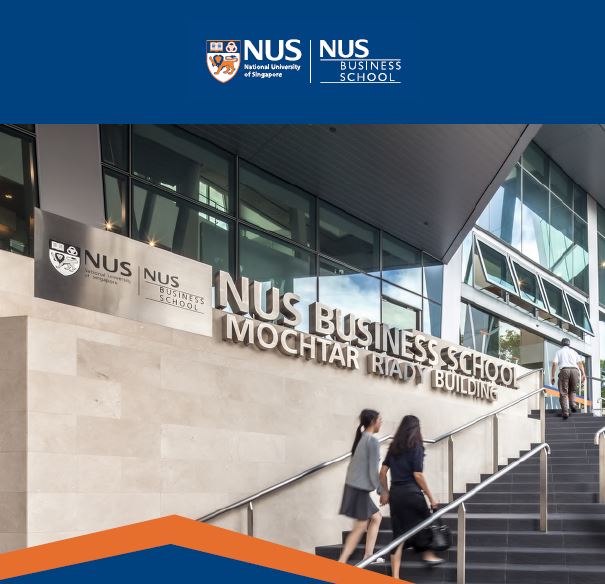NUS HRLP – Business Models and Digital Transformation

According to a Harvard Business School research paper, a substantive definition of the ‘business model’ is a collection of decisions enforced by the authority of the firm on its employees. There are two aspects of a business model – the internal constitution of the firm and the firm’s external alignment – and these are the result of the different degrees of authority a firm has over its employees as opposed to other market actors. A firm may make a variety of decisions regarding either its internal constitution or the types of transactions it facilitates. Conceiving of a business model in this way has a variety of benefits, including the ability to analyze discrete firm choices, according to the paper. According to a recent survey conducted by Harvard Business Review Analytic Services, 95% of global executives said digital transformation has grown in importance in their industry over the past 12 months; 90% said Covid-19 has accelerated the timing of their organization’s transformation efforts. This course provides an outlook for the digital business opportunities and covers the primer of digital transformation. The course emphasizes upon the digital marketing concepts and sets a foundation for learners in terms of applying a design thinking approach.
Course Learning Objectives:
- Review digital business models and understand a suitable digital business model for your business.
- Learn the fundamentals of design thinking approach.
- Familiarize yourself with the basics of digital transformation concepts with industry examples.
Faculty

Prof Neo Kok Beng
Engineer, Educator & Entrepreneur
Prof Neo Kok-Beng is an award-winning engineer, educator and entrepreneur. He has build up a portfolio of highly-scalable and global companies with deep-science in the areas of Biomedical, Financial and Aerospace technologies – through its unique acceleration program that is “Global-Business & World-Class” in approach. He was awarded the Singapore’s President Design Award, the US Government Innovation Initiative Award, and NUS Innovation and Enterprise Award.
For his contributions to engineering in society, he was awarded the Honorary Fellow of the ASEAN Federation of Engineering Organizations in 2018. He is also a Board member of the Engineering Accreditation Board, Singapore. He is also appointed as the Lead Instructor of the NUS Graduate Research Innovation Programme (GRIP) to spin-off 250 DeepTech ventures from NUS research graduates. Prof Neo designed and delivered the 1st to 4th cohorts of NUS Graduate Research Innovation Programme (GRIP) for NUS PhDs/Post-Docs and is trained more 100 deep-tech ventures including the Lean-LaunchPad programmes.
Syllabus
- Business Strategy and Need for Digital Transformation
- People Systems for Integrating with a Digital Organization
Learning Objectives:
- Review digital business models and understand a suitable digital business model for your business.
Module Components:
Video Lectures:
- Digital First Business Model
- Digital Transformation
Readings:
- The Transformative Business Model
- Digital Doesn’t Have to be Disruptive
- The Problem with Legacy Ecosystem
- Democratizing Transformation
- Case Study: DBS: Digital Transformation to the Best Bank in the World
Quiz:
- Business Strategy and Need for Digital Transformation
Learning Objectives:
- Learn the fundamentals of design thinking approach and its principles and understand the process of designing a product using the approach.
Module Components:
Video Lectures:
- Design Thinking
- What is Design Thinking?
Readings:
- Discovery-Driven Digital Transformation
- Your Workforce is More Adaptable Than You Think
- How Apple is Organized for Innovation
- Developing a Digital Mindset
- Holistic Customer Assistance Through Digital-first Collections
- Case Study: IBM: Design Thinking
Quiz:
- People Systems for Integrating with a Digital Organization
Support
Please email [email protected] for any support required with respect to the program, course or platform.
